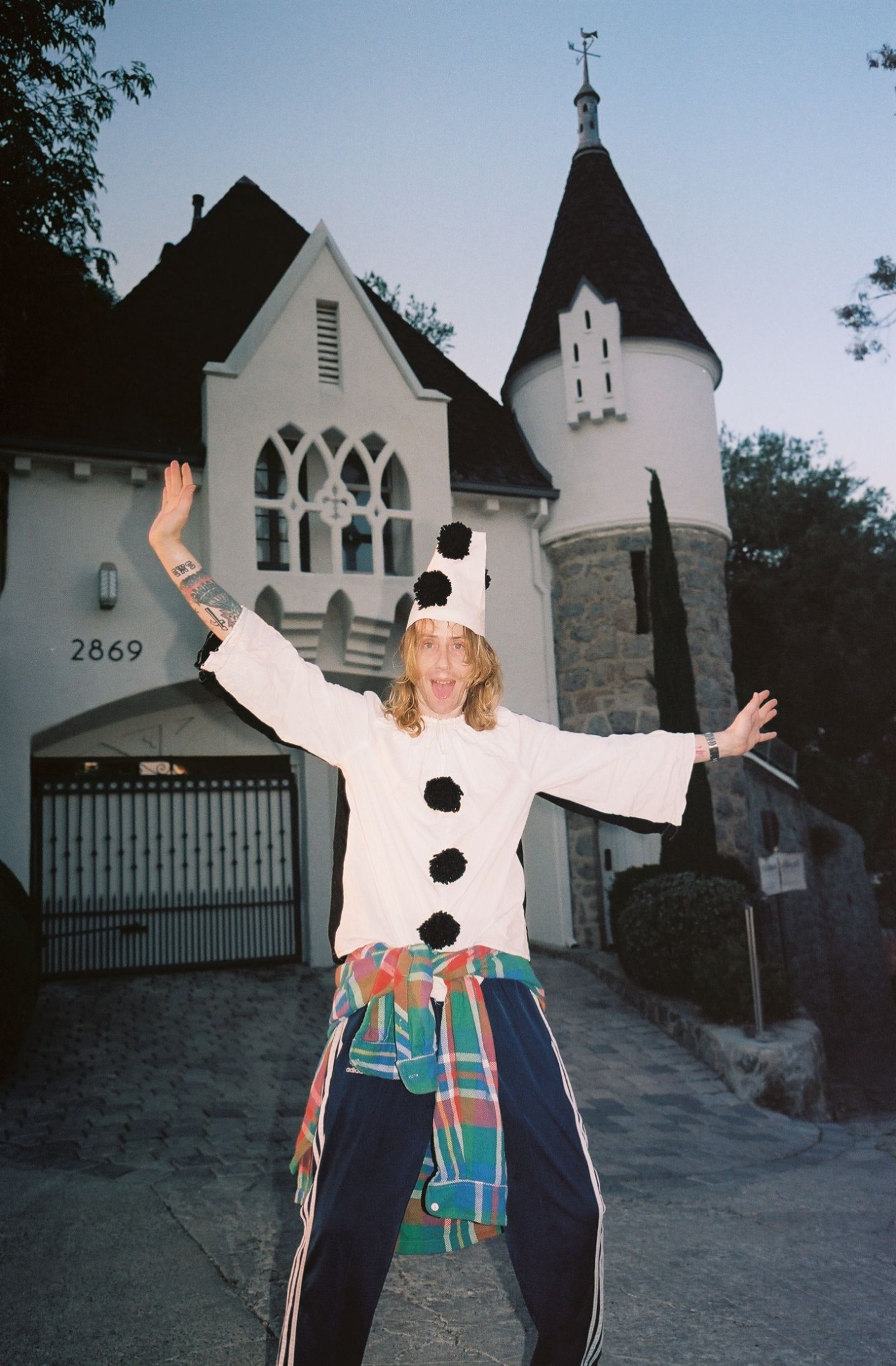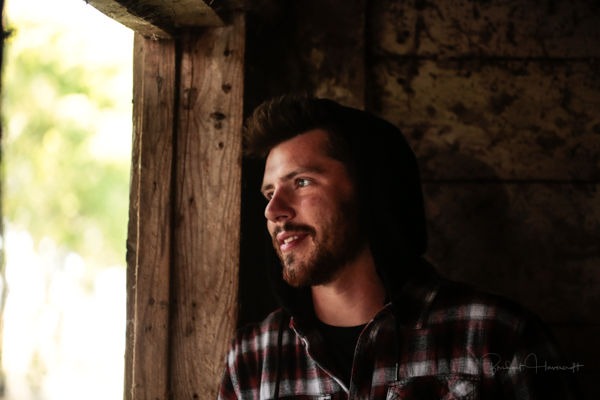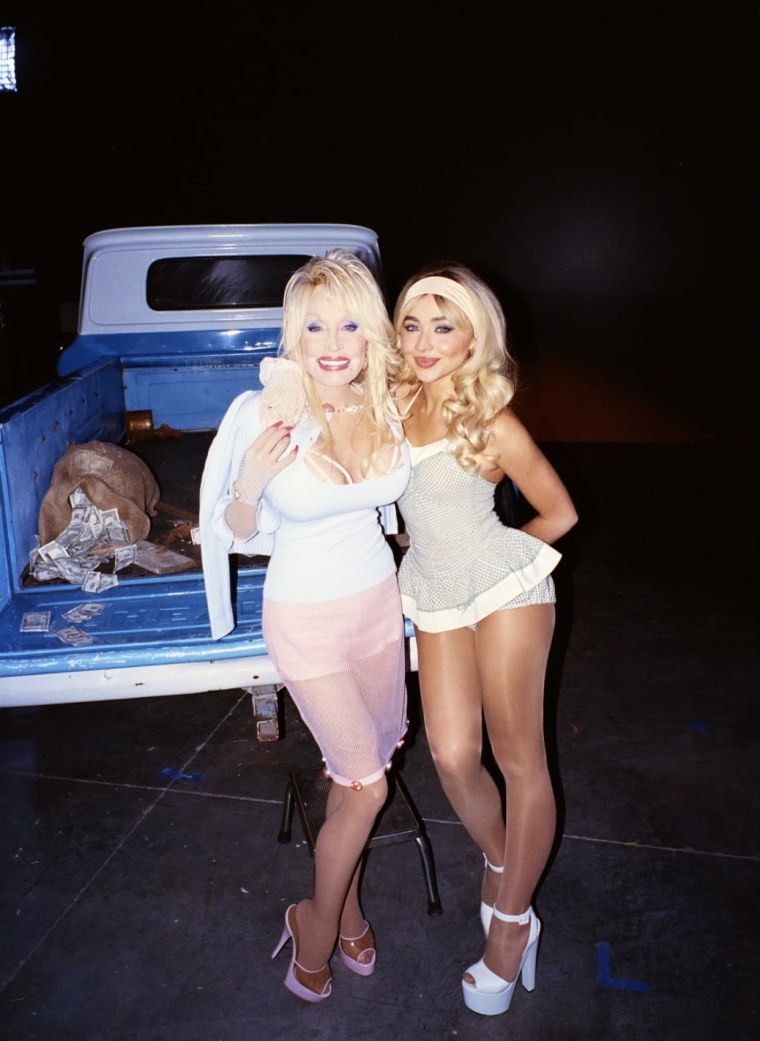Christopher Owens
Sandy Kim
Asking Christopher Owens to identify the toughest part of the last few years is like trying to find a needle in a haystack. He lost a former bandmate, was dumped by his fiancée, got seriously injured in a motorcycle accident, and wound up living out of his car after being fired from a coffee shop job he took when music wasn’t enough to pay the bills. He writes about losing it all on “This Is My Guitar,” one of many gently devastating songs on his excellent new solo album, I Wanna Run Barefoot Through Your Hair. “This is my guitar, I play it with my hands, it’s part of me, just like the song I sing,” he croons, correctly identifying that music is one of the few things that can’t be taken from him. Bad luck tends to come in waves, however, and he lost his prized guitar (along with his cat) after the camper he called home was stolen during the pandemic.
Owens has described I Wanna Run Barefoot Through Your Hair, his first solo album in nine years, as being about “the journey back to the center” of himself. Speaking from his new home in Manhattan’s Washington Heights, the former frontman of the scuzzy and anthemic indie rock band Girls said the point he felt most lost was not during any of the above but after the release of his previous solo album, 2015’s Chrissybaby Forever. It was his final release of a three-album deal with his record label, and he had already sensed that there would be no invite to continue working together.
“I was no longer a hot buzz artist,” the 45-year-old says of that period while reclined on his couch, his phone perched in landscape position. “Sure enough [the label] did bail on me, and I reached out to everybody I knew and just wasn’t hearing back.” Simultaneously, plans to go back into the studio with Chet “JR” White to make a new Girls album collapsed. “I just remember feeling a panic that nobody was ever going to make another record with me,” Owens says looking back. For a long time that panic was justified; it has been nine years since Chrissybaby Forever, and fans would be forgiven for thinking they’d heard the last of him.
It wasn’t always this way. When Girls emerged in the late 2000s, Owens was the very definition of a “buzz artist.” They broke out with early single “Lust For Life,” a snot-nosed tribute to the simple pleasures in life that jangles with a carefree effervescence. 2009’s plainly titled Album was a showcase for Owens songwriting, which flitted from California slacker rock jams to narcotized ballads elevated to holy levels with the aid of gospel choirs. The band went on to release two more critically-acclaimed albums while Owens, with his flowing blonde hair, took on high-profile modeling campaigns for Saint Laurent (which Hedi Slimane shot personally) and H&M. The band split in 2012 with Owens first citing “personal reasons” before saying an ever-changing line-up of live band members left him unsettled. He went on to release three solo albums, none of which ever quite scaled the heights of Girls.
Speaking now, Owens says that, despite being written from different vantage points, he sees a similarity between the songs on I Wanna Run Barefoot Through Your Hair and that which he was writing during his time in Girls. “A song like ‘This Is My Guitar’ is similar to [2011’s Father, Son, Holy Ghost track] ‘Vomit,’ which I wrote on top of the world. Both songs acknowledge the emptiness in life, and that what makes you happy is music. Everything else is sort of trivial.”
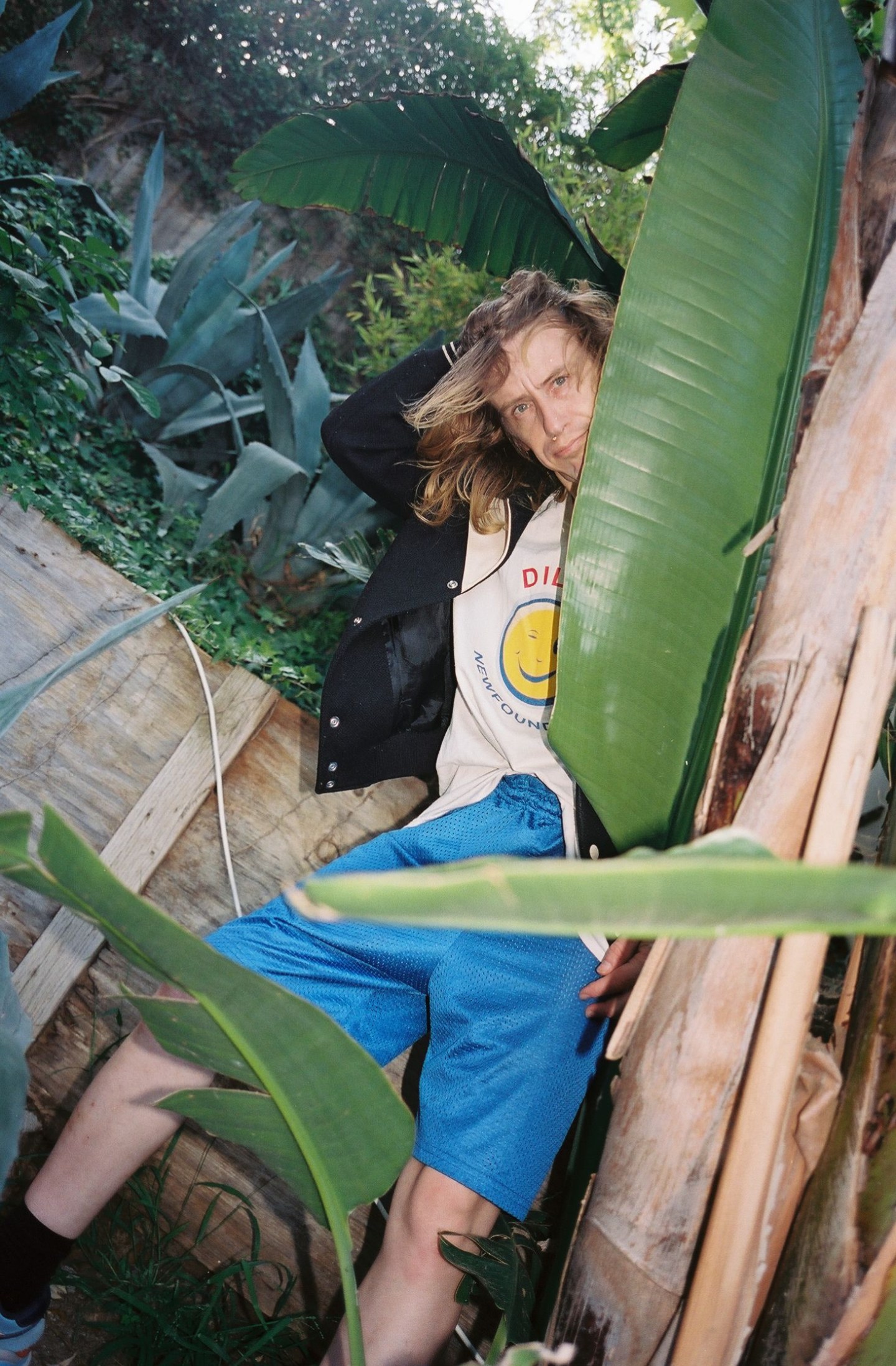
Sandy Kim
Adapting to shifting circumstances has been a constant in Owens life. Born in 1979, he was raised by his mother as a member of the Children of God cult, and while he didn’t attend school, he would travel Europe and Asia recruiting new members to the group. Eventually, he settled in Amarillo, Texas, and fell in with a crowd of punks. Rebelling against his strict upbringing, he acquired a huge Bad Brains tattoo on his arm and befriended Stanley Marsh 3, a Texan billionaire he has described as “the first person to truly love me for who I was.” Marsh, who died in 2014, was an eccentric local figure known for commissioning the public art project known as Cadillac Ranch. His reputation, however, was marred in 2012 by accusations that he had sexually abused teenage boys.
After leaving Texas, Owens made his way to San Francisco where he met White and formed Girls. The band garnered a reputation for excess at a time when heavy drug use was naively glamorized by the media as part of the rock-star package. Owens, who got sober in 2014, once described heroin as “the warmest hug you’ve ever received.”
Sadly, White’s addiction issues continued. The pair did eventually make good on their plans to work together again, but there were immediate problems with White struggling to stay awake during studio sessions. He died in 2020, aged 40, after his heart stopped at his family home in Santa Cruz.
“What makes you happy is music. Everything else is sort of trivial.”
Talking about White almost immediately upsets Owens, who begins to cry as he describes their dynamic as “protector” (White) and “class clown.” It wasn’t just that White helped him achieve his musical goals, it was that he made Owens realize music was something he could do in the first place. “I wasn’t even aware that the world would take notice or care,” he says while wiping his eyes. “That’s what he gave me.” Owens says that he takes comfort knowing his bandmate “was unapologetic and lived a good life,” and that he feels “so incredibly lucky and grateful” to have met his most significant collaborator at all.
The breakthrough moment that led to I Wanna Run Barefoot Through Your Hair came in 2017 when Owens was invited to Singapore to play a live show. By then he had already lost his job and home, split up from his fiancée, and was struggling to write lyrics at all. “I was definitely pretty lost for a while,” he says. Working without a manager or tour agent, he managed to put together a small tour of Asia via DMs with fans.
It was while he was in Hong Kong Owens wrote “No Good,” a Girls-like indie-rock stomp, and now the first song on his new album. It feels like Owens returning to his center, but with the past providing an indelible shadow. “No, not another love song,” he sings. “Not one more song where I’m pretending everything will be OK.” The seven-minute-long “Do You Need A Friend” is similarly carved from dark material, with lines like, “People come and people go / But the loneliness is always the same” and “If you really wanna know / I’m barely making it through the days.”
Other songs on the album reflect more positive developments in Owens’ life. “I started to think about what it would take for me to open up to somebody again,” he says of a song titled “Beautiful Horses.” “Two Words,” meanwhile, was written after Owens repaired his friendship with his ex. “We were together for seven years and it really felt like a loss to not be able to be friends,” he says of the relationship. “[‘Two Words’] is essentially me saying I still wish you the best.”
“I wasn’t even aware that the world would take notice or care [about my music]. That’s what [White] gave me.”
The album was mainly recorded in San Francisco with Owens co-producing alongside Doug Boehm. Ariel Rechtshaid, known for his work with HAIM and Vampire Weekend, produced “This Is My Guitar” in New York City, where Owens now lives. Despite being synonymous with San Francisco’s image as a surfer’s paradise, Owens found himself feeling like an alien in a city being reshaped by the tech industry. He tells an amusing, if dispiriting, story about being asked to leave a Levi’s store while a Girls song was playing on the stereo. “There was like a war for the city in San Francisco, you know, and we lost,” he concedes. “I was run out.”
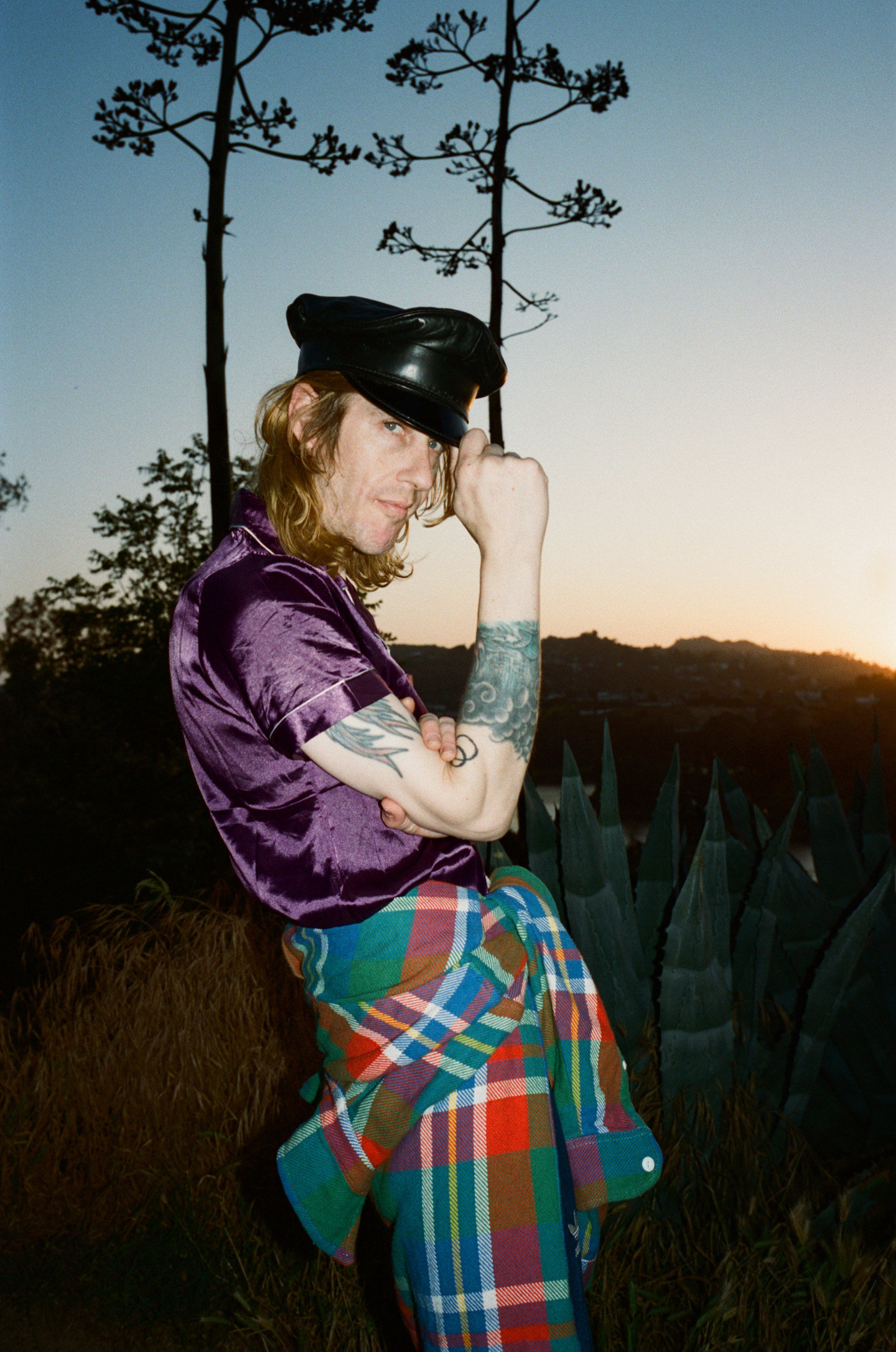
Sandy Kim
Now, Owens spends his time hanging out with old friend and musician Cass McCombs (they both enjoy playing with yo-yos) as well as his new wife, whom he married just three days after they met IRL for the first time. It is while speaking about his new partner Owens opens up the most. He talks about her uninterrupted for almost ten minutes straight, explaining how they met on Instagram and watched the 1996 movie From Dusk Till Dawn in her apartment on their first date. She proposed to him, and they were wed almost immediately. “We were listening to Spiritualized in the car and I texted Jason Pierce,” he says of their wedding day. “I told him I just got married and we’re listening to your music. He messaged me back with a bunch of hearts. It was just magical, probably the happiest day of my life.”
It’s heartwarming to hear someone who has endured such hardship light up with this kind of fairytale moment. Owens has emerged from this period of his life with an album and an outlook shaped by loss but defined by the perspective he gained at the same time. It was while he was at rock bottom he stopped asking, “What do I have left to lose?,” and started thinking, “Who can I be to the people left in my life?”
“The feeling that I had was this intense need to be right with people,” he says of this new motivation. “When JR died, I just realized that life is so short and people that mean so much to you can just be gone, just like that. This album is about me realizing who I need to be for the people that are closest to me. That’s all I care about now.”

